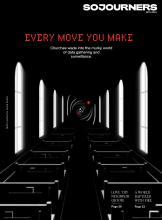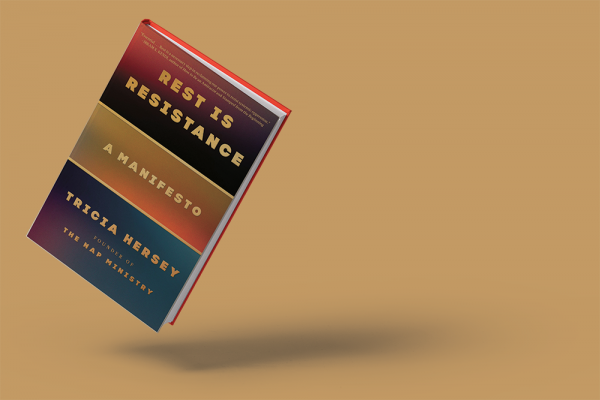I FIRST BECAME aware of Tricia Hersey’s work through social media (@TheNapMinistry on Twitter, Instagram, and Facebook), and I suspect many others have as well. Yet, Hersey is hardly your run-of-the-mill social media influencer and indeed can be brutally critical of the effects that social media culture has on our bodies and souls. Hersey is a performance artist, activist, theologian, and, perhaps most importantly, a daydreamer. Her work is centered on Black liberation, and particularly liberation from the present-day grind culture of capitalism that is driven largely by social media. In her first book, Rest Is Resistance, she aims to recover the divinity — that is, the image of God — in every human.
Rest Is Resistance is a stunning call to a slower, richer life of faith. Hersey’s writing seems animated by concerns such as those articulated by Rabbi Abraham Joshua Heschel in his classic book The Sabbath. While humanity may live and work in a technological society, both writers argue, we do not have to be subservient to our technological tools. Our technological victories “have come to resemble defeats,” writes Heschel. “In spite of our triumphs,” he continues, “we have fallen victims to the work of our hands; it is as if the forces we had conquered have conquered us.”
Read the Full Article

